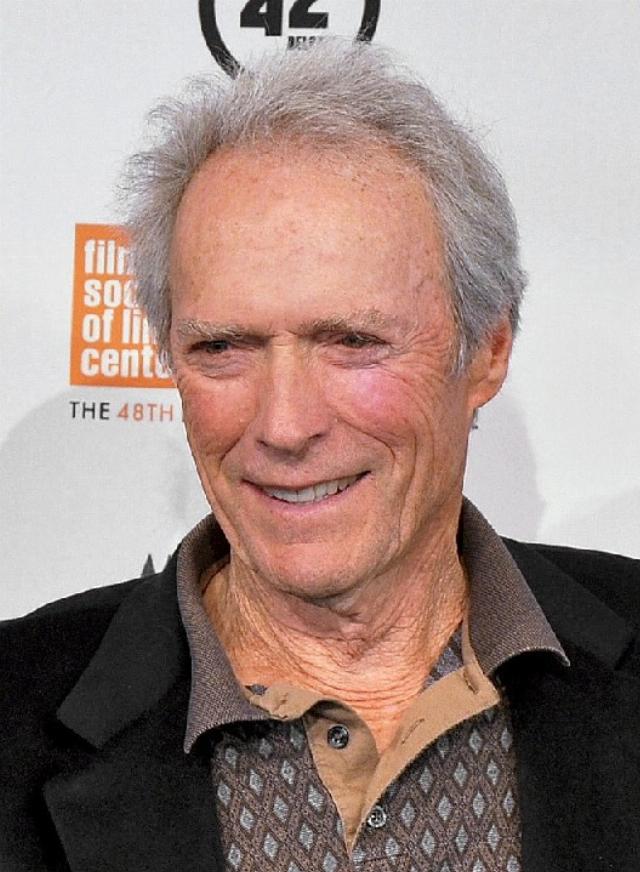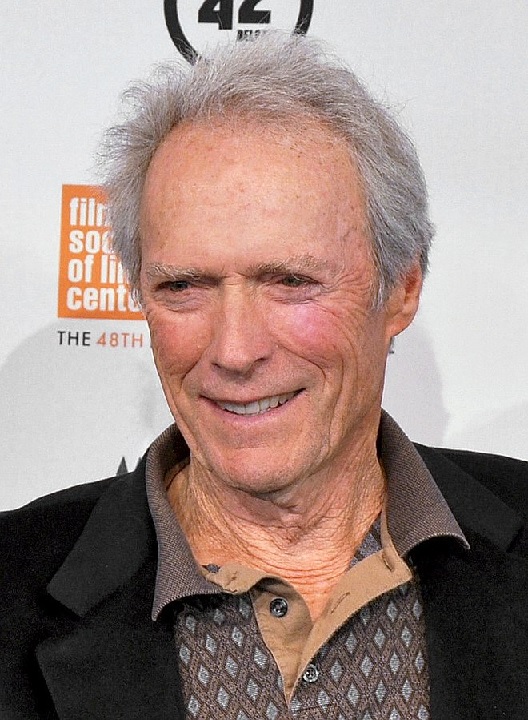

Raffi Asdourian
A strong statement in favor of law enforcement and against the criminal was made when Inspector Harry Callahan appeared on screen more than 50 years ago.Once upon a time, the world was a simple place. Those who committed crimes were the villains and those who protected citizens from crimes were the heroes. We celebrated and venerated our heroes and we despised the villains who preyed upon and terrorized innocent civilians.
Every accused needed to receive a fair trial and due process.
But soon by matters began to devolve. From concern about the due process, the empathy began to shift towards the criminal.
The ‘activist’ class began to make excuses for the criminal. They focused on race, class, or economic strata to suggest that criminals are victims of circumstance rather than predators who harm innocent civilians.
In time the activists became the establishment.
Art has a function to question and comment on societal attitudes and norms, especially when matters are deteriorating.
A strong statement in favor of law enforcement and against the criminal was made when Inspector Harry Callahan appeared on screen more than 50 years ago. Callahan was played brilliantly by Clint Eastwood, and the role cemented his superstar status.
To understand how attitudes were back then, Paul Newman rejected the role as “too right-wing.” Film Critic Pauline Kael, in her now notorious attack masquerading as a review of the film, called it a grotesque right-wing fantasy about the SFPD being “emasculated by unrealistic liberals.”
You read it right, protecting innocent civilians from violent criminals is a right-wing idea.
These ideas were probably laughed off and dismissed back then, but now they are mainstream.
The villain of the piece is a serial killer named “Scorpio” based on the Zodiac Killer.
The film depicts the helpless circumstances faced by law enforcement. The criminal can do as he pleases while officers of the law are bound by rules.
Harry believes that to prevent the serial killer Scorpio’s reign of terror is to work on the periphery of the law.
There is a moment in the film where Harry is left with no option but to use force against Scorpio. The result is he is reprimanded by the district attorney for his conduct. The obvious evidence Harry obtained against Scorpio is deemed inadmissible in court, and Scorpio is to be freed.
When Harry is surveilling Scorpio to prevent him from committing another crime, Scorpio pays a man $200 to give him a brutal beating. Scorpio blames Harry for the violence and the surveillance stops.
The film ends with Harry eliminating Scorpio and tossing his badge away.
If you thought that Harry believed in rough vigilante justice, you would be wrong. The sequel, Magnum Force (1973), pits Harry against a group of SFPD motorcycle cops who execute criminal elements who exploit the law.
<img alt captext="Raffi Asdourian” class=”post-image-right” src=”https://conservativenewsbriefing.com/wp-content/uploads/2024/06/celebrating-dirty-harry-on-clint-eastwoods-94th-birthday.jpg” width=”400″>The group looks up to Harry and even attempts to recruit him, but they are mistaken. The film makes it clear that despite misgivings of the limitations placed upon law enforcement officials, Harry still believes in the rule of law. In the end, he eliminates these rogue elements.
The next film in the series, The Enforcer (1976) focused on identity politics and ‘diversity.’ Callahan unwillingly becomes part of a PR stunt by politicians to boost their electoral prospects. He becomes part of a recruitment effort for a female police officer. In time, he is paired with this female cop. Soon law enforcement takes a back seat and media management is given a priority. Harry’s boss, eager to retain his job, willingly allows how subordinates to be exploited.
In the end, Harry’s female partner earns his respect not because of her gender but because of her abilities, humility, and sincerity. (For a detailed review of the film, click here.)
The next in the series, Sudden Impact (1983), explores themes of revenge and justice. A victim of gang rape decides to avenge her tormentors since the law has failed her. It is up to Harry to decide if she should be excused for these righteous acts of revenge or if she deserves to be punished.
The last in the series The Dead Pool (1988) focuses on celebrity culture and media. The “dead pool” is a game, in which participants predict celebrity deaths in the Bay area: whether by accident, violence, or natural causes. The media is depicted as vultures who feed on the misery of others to earn their ratings. This was much before the 24X7 news media came into existence.
Each entry in the Dirty Harry series explored the issue of the times it was made in. It is nothing short of astounding how the films predicted the insanity that plagues us today.
Clint Eastwood has said in many of his interviews that his favorite films are those that occupy the audience’s mind after the viewing experience. The Dirty Harry pictures certainly do that.
On the surface, these were action thrillers and Eastwood played what could be thought of as a conventional action hero. The famous one-liners and the handsomely crafted action sequences caused that perception.
But dig deeper and you realize that Harry Callahan, despite being tough and uncompromising against criminals, was sensitive, fair, considerate, and even had a great sense of humor.
Clint Eastwood’s sterling performance as Dirty Harry is the reason the films drew audiences, but once they were in, the films provoked them to think.
Here wishing Clint Eastwood a very happy birthday, a long and healthy life, and a glorious century.
Beyond the films, here is Eastwood’s finest hour, when he roasted Obama at the Republican Convention in 2012.
Here is my article on some of Eastwood’s most underappreciated pictures.
Here’s my review of one of Eastwood’s finest westerns, High Plains Drifter
Image: Raffi Asdourian





